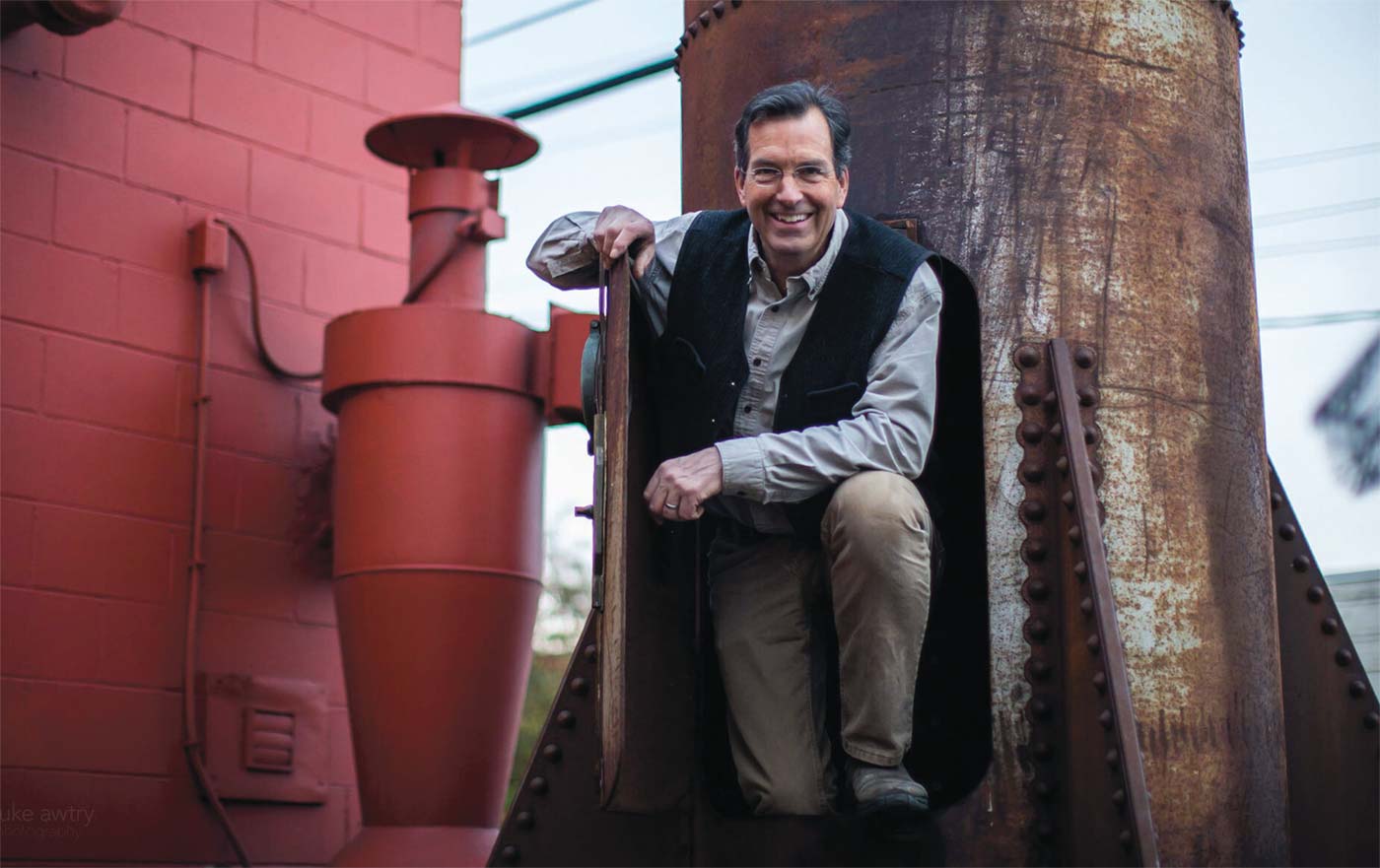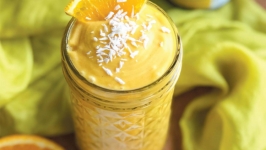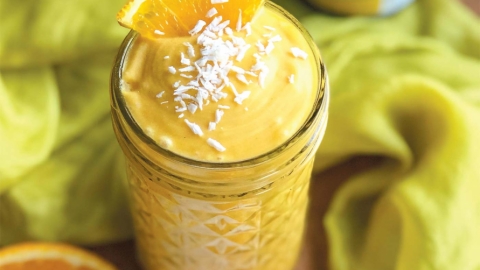Steve Conant: Steward of The Soda Plant
INTERVIEW BY MARIA BUTEUX READE
Craftsman. Entrepreneur. Patron saint. Steve Conant has made a name for himself for the past 40 years as an artisan of custom metal and lighting fixtures. Yet in recent years, he has taken on a new role: steward of The Soda Plant, the sprawling and beloved incubator space he owns in Burlington’s South End Arts district. What does he relish most? The creative energy emanating from the emerging and established entrepreneurs tucked throughout the warren of spaces in this former soda bottling and distribution facility.
Let’s talk about The Soda Plant. What prompted you to develop this into an incubator space?
Steve Conant: Because I had experienced the same magic when I was a young entrepreneur, working out of a shop in the back alley behind Speeder & Earl’s Coffee just down the street. So you are a product of what you have created here.
SC: Yes. In 1982, I moved into this space that had been converted from a soda bottling and distribution facility into the Pine Square incubator space. My business has shrunk out of and grown into various spaces right here during the past 30-plus years. The whole plant is a conglomeration of seven buildings, and we became the biggest tenant. The owner agreed to sell this building to me in 2000.
Why did you want to own this sprawling facility?
SC: The concept of ownership was exciting, especially being a landlord of entrepreneurs! I knew how much fun it is for entrepreneurs to create in cool spaces. Incubator spaces allow businesses to serve or inspire one another. I love being able to provide these spaces, and at an affordable rent. My strategy is to keep rents low and people happy, not to hold anyone to a lease. That feels good.
How does The Soda Plant fuel you personally?
SC: I get to share these entrepreneurs’ energy and their anguish. I can weigh in with some experience. I learn what’s new and hot from someone who sees it early in the game and hopefully I can enable them to realize their dream. It’s a perfect fit for me.
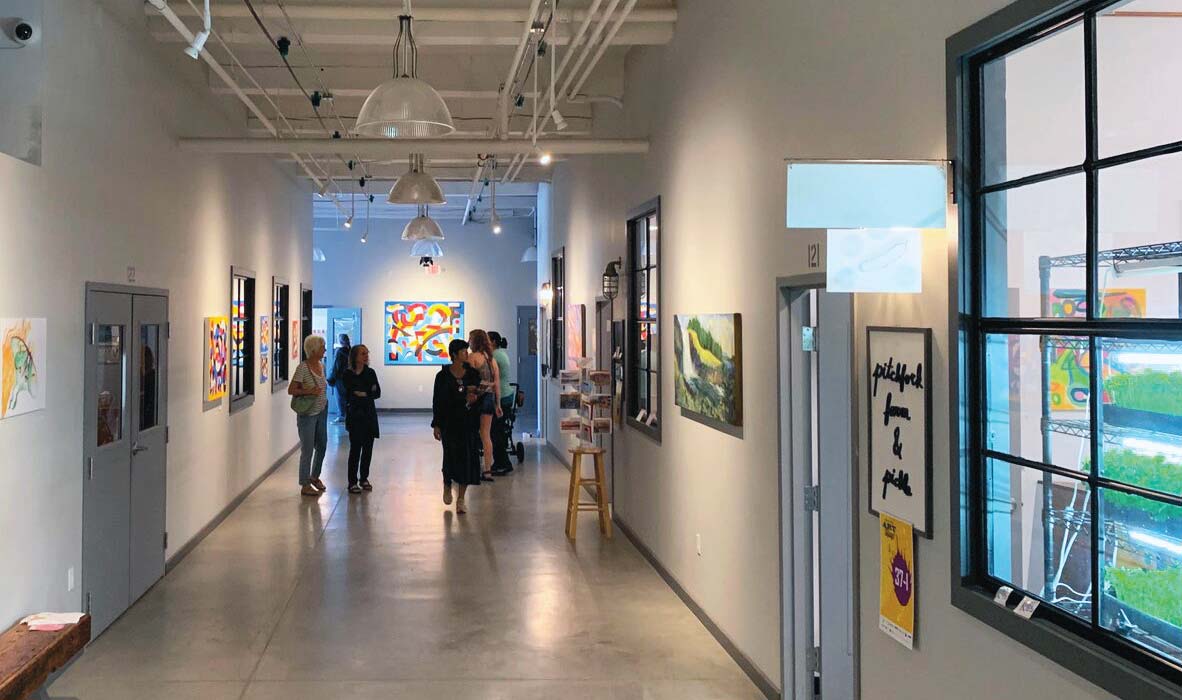
Visitors stroll the wide hallways within The Soda Plant, home to artisans and entrepreneurs.
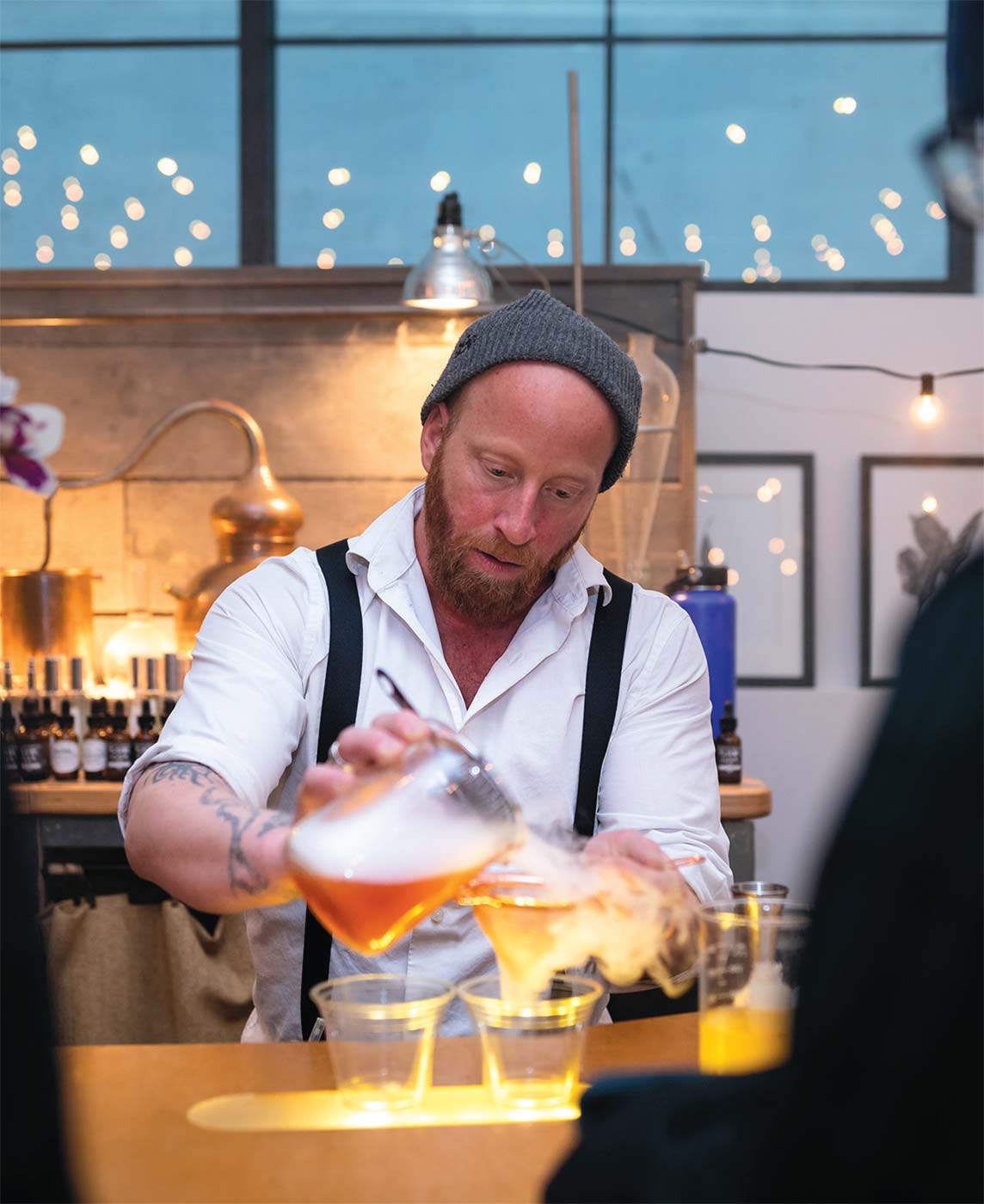
Aaron Wisniewski, owner of Alice & the Magician, concocts a tantalizing beverage aromatic. Photo courtesy of Homer Horowitz.
You expanded the incubator space significantly in 2018.
SC: That’s right! The nonprofit ReSOURCE moved out in 2018, and that opened up a ton of space. They had occupied nearly half of the total 50,000 square feet, which I divided into a dozen new spaces. These “vanilla boxes”—generally 800 to 1,200 square feet— provide a safe, functional space in which to work. And people signed on! They loved the synergy of being associated with the other businesses. I wanted a creative economy, an opportunity to foster scrappy new brands. I love entrepreneurial energy and what it brings to the community. Right now, we have 30 businesses, a really fun mix of food entrepreneurs and artists.
What structural changes did you make to the buildings?
SC: I added more big windows for the interior hallways because I wanted the tenants to embrace the visitor’s nose pressed against the glass. I want people to know what’s happening inside. In general, someone who’s making something is pretty excited and willing to share that energy with their peers and the public. It’s the sharing with the public that gives instantaneous feedback. These entrepreneurs understand the theatre of business.
“One of my curatorial filters is that each business needs to produce something that the community values and will support financially… I want products of value to be generated in these spaces.” –Steve Conant
How does The Soda Plant enhance the food and beverage scene, for Burlington and beyond?
SC: Retail seems to be at a crossroads. But retail combined with an experience is something else. Walk in and smell the ferment and the coffee roasting, and walk out with a jar of pickled something and a bag of beans. The future of the food industry is bright. There’s new energy in the air as different brands combine forces. Venetian Ginger Ale and Brio Coffee are teaming up to create the Venetian Soda Lounge, an extraordinary coffee/soda bar experience that’s sure to wow their customers. It’s relaxed, different, and family friendly. It’s a stage to create excitement and to showcase his products and other brands and experiences in the food industry.
Do you have any guidelines or parameters as to which businesses you welcome?
SC: Our tenants aren’t brand-new entrepreneurs. Most are either a few years in or fully established and needed a larger space. They have a good handle on their businesses. But one of my curatorial filters is that each business needs to produce something that the community values and will support financially. I wouldn’t let a business in here, for example, just to grab on to the captive audience of the South End and peddle products made elsewhere. I want products of value to be generated in these spaces.
For example?
SC: Tomgirl, Alkame, and Pitchfork Pickle have commercial kitchens where they produce their goods. Brio roasts its coffee beans here. Alice & the Magician are taking the raw ingredients to create amazing edible fragrances in their space. That’s half the fun for me, to see youngsters come up with an idea and then go for it! They’re grabbing a tiger by the tail—and what will it take to keep it going?
What are some challenges to running The Soda Plant?
SC: Honestly, I can’t think of any. I am in my element! I’m 65 and can easily do another 10 years or more. I have respectful tenants; I love helping them grow and thrive; and I keep the rent low and that attracts newness to this Pine Street corridor. It’s pretty much a dream!
Now let’s shift to your own origins. Introduce me to the young Steve Conant.
SC: I grew up in rural Connecticut. My mom was a fine artist, and my dad was a mechanical engineer and a salesperson. He had a great workshop in the basement, and that’s where I learned to make stuff.
When did you decide to become a craftsman?
SC: I earned a degree in wildlife biology from UVM in 1978. During college, I landed a job helping to build Déjà Vu Café on Pearl Street. It took us three years. I would build whatever the owner needed, from the bar railing and light fixtures to woodwork. It was a dreamy job, and I had all sorts of freedom to create.
And after that?
SC: I had fallen in love my senior year with an art teacher here in Burlington. After I graduated, I decided to stay here in town, make things, and spend time with this woman. That turned out to be a wise decision; Mags and I have been married now for 41 blissful years. So, I hung out a shingle and pounded the pavement. Once Déjà Vu opened, and people had seen my work, my phone started ringing. But I still struggled to pay the rent.
How did you shift from woodworking to metalsmith?
SC: In 1980, my dad told me about a guy in Connecticut who had a little shop where he restored and repaired brass and copper items. I called him and offered to pay $50 a day for a week if I could hang out in the shop to work and learn from him. People would come to the door with a brass candlestick, and he’d tell me to polish it on a buffing wheel. It never occurred to me that I could make money by making things bright and shiny! On my last day, the man took me with him to Rhode Island and helped me buy the basic equipment I would need to start my own shop. He gave me the instructions on which chemicals to use to brighten things up and sent me on my way.
“Once you discover what feels right, whether it’s making things or working with customers, and put your all into it, everything falls into place.” –Steve Conant
And that was the beginning of Conant Custom Brass?
SC: Yes. I came back and put an ad in the Burlington Free Press, and the doors blew open as people just showed up with stuff to be repaired, restored, or polished. I realized that I could provide a service doing things that people don’t want to or can’t do, like repairing and restoring metal. This is how you make customers happy: give them what they want!
Talk a little about your evolution as an entrepreneur.
SC: I moved my business from a little white garage that I owned to a grungy space in the alley behind Speeder & Earl’s Coffee here on Pine Street. We were all scrappy entrepreneurs with stars in our eyes who thought we could be successful even though none of us had any real business sense. There was a blacksmith, a machinist, a custom metal craftsman, and a restoration worker. But we were surrounded by other established businesses in this rabbit warren of entrepreneurs. The South End has been this way since manufacturing fell off in the 1950s and ’60s, with all these derelict factory buildings just ripe for artists to put to use. A perfect setting for a haphazard group who could afford the cheap rents back then.
When did you move here to Pine Street?
SC: I spent two years back in the alley and then moved here in 1982. I made a tagline: Best Brass Shop in the World. Who could dispute that? I could buy old pieces to restore; I could make my own stuff; and I could provide services. This was the driving force: to use tools, mechanical aptitude, and aesthetics to solve people’s problems and to make them happy. Once you discover what feels right, whether it’s making things or working with customers, and put your all into it, everything falls into place.
5 RAPID FIRE QUESTIONS FOR STEVE CONANT
Breakfast today?
Two eggs, toast, and coffee.
Favorite childhood meal?
Mom’s lasagna.
Cake, pie, or cookies?
Oatmeal raisin cookies.
Guilty pleasure?
Doritos.
Late-night snack?
Dollop of raspberry sorbet topped with more raspberries.
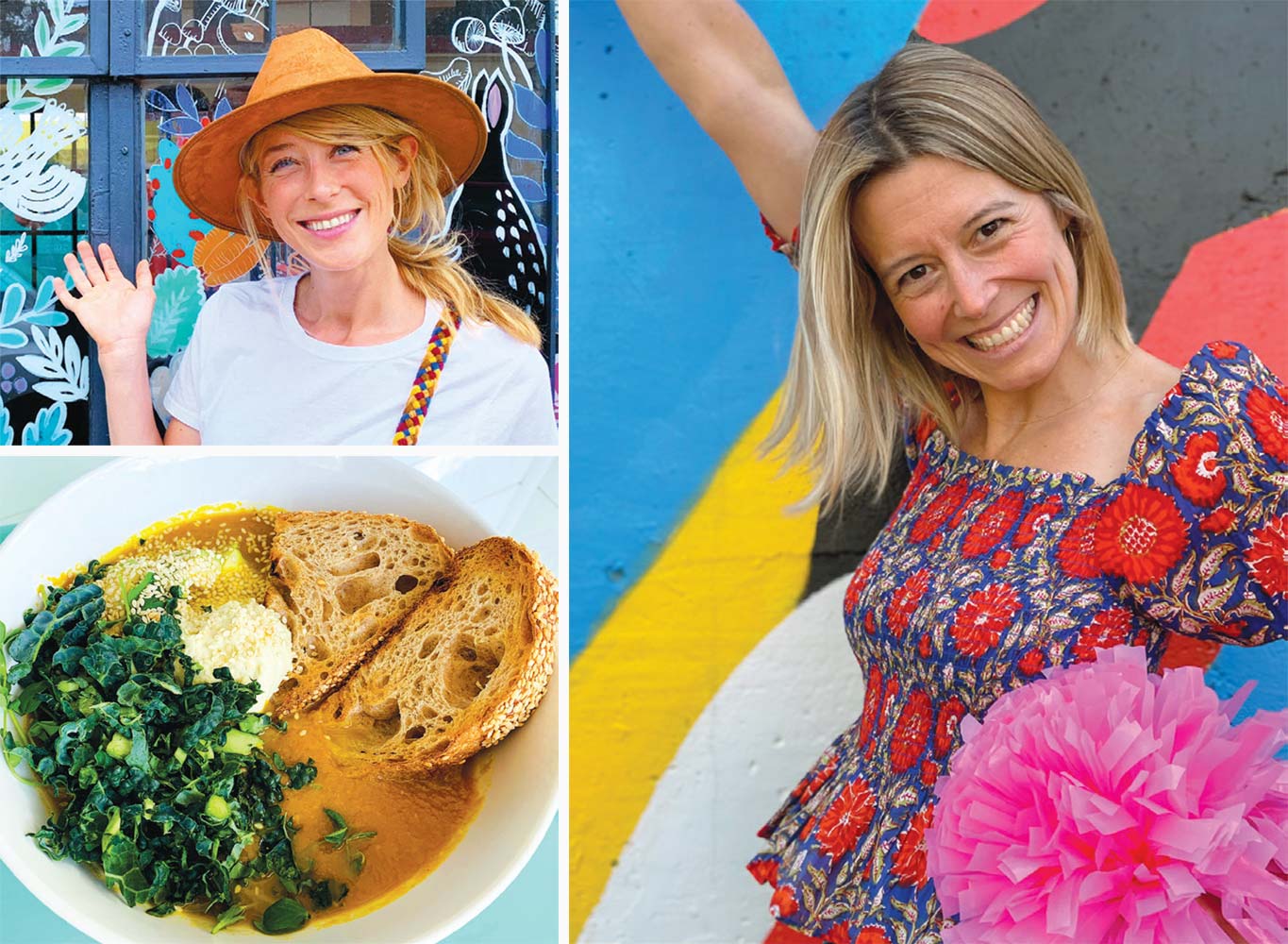
(left top) Tomgirl Kitchen founder Gabrielle Kammerer travels to Mexico in pursuit of bold flavors to bring home to Burlington. Photo courtesy of Matt Hastings. (right) Kelly Abodeely infuses Tomgirl Kitchen with cheerful energy. Photo courtesy of Gabrielle Kammerer.
SODA PLANT ENTREPRENEUR: TOMGIRL KITCHEN
BY COREY BURDICK
“Friends think I’m joking when I say I dream about recipes, but I do! They flash like visions when I least expect, and I swear I can taste them,” Gabrielle Kammerer, the vibrant mastermind behind Tomgirl Kitchen, relayed. For anyone who has experienced the vibrancy and energy around her delectable juices and salads, this will come as no surprise.
Tomgirl Kitchen may be known to some as Tomgirl Juice Company because that’s the moniker under which it was launched by Gabrielle back in 2012, but a lot has changed since then. For one, Gabrielle is no longer a solopreneur since her business partner, Kelly Abodeely, came on board. Kelly and her husband, Jonathan, had moved home to Vermont from Manhattan with their young family and got to know Gabrielle during their visits to her neighborhood shop. It soon became apparent to the couple that there were certain aspects of the business Gabrielle loved and others where she was excited to gain their support. Jonathan focused on the financials and Kelly on operational details, given her background as a digital consultant for entrepreneurs.
For Gabrielle, growth has meant creative freedom. Creative expansion, bigger visions, and more people to laugh with. “There is nothing more exhilarating than creating recipes with a team of other likeminded, silly people. I believe with all my heart that it is this joyful energy that makes everything taste so good. There’s always the initial inspiration for a fabulous, clean flavor but it’s the magnetic camaraderie in our kitchen that strengthens our desire to continue to grow in meaningful ways,” Gabrielle said.
Moving into The Soda Plant in November 2018 was pivotal, Kelly recalled—she was about to have her second baby, and Gabrielle was having her first, making for a multifaceted transition into new spaces, both personal and professional. Gabrielle remembered that time as “taking on a force of its own…something contagious happened.” Kelly added, “We went from juice to experimenting with a food menu. We brought on two or three more people to help fuel the growth, tripled our footprint and doubled traffic, and then navigated a pandemic. It was hard to be a small business owner at that time, but when I reflect back on what was accomplished, what I’m most proud of is that we retained our loyal and committed core team of seven full-time employees, and we never permanently closed thanks to our community of supporters.”
How did they do it? Flexibility and creative thinking! Online ordering and pop-ups in parking lots where people could come by at designated times and safely pick up their Tomgirl “CSA.” The team also did a lot of experimenting with their cleanse programming during the past year and a half.
From smoothies to cleanses, bountiful vibrant salads, and nourishing sweet treats, Tomgirl’s menu has grown by leaps and bounds from its early days. At this point, 50 percent of the business’s sales are from food. A bestseller has been the Mexicaninspired Kale Southwest Salad. Gabrielle has always felt a special connection to Mexico and how specific preparations of recipes honor one’s ancestors. This salad features forbidden rice, kale, and four different sauces including a pumpkin seed pesto with cilantro, a salsa with dry-roasted chiles, and a Southwest-seasoned walnut “meat” atop veggies with a bit of extra virgin olive oil, fresh lime juice, raw honey, and organic raw apple cider vinegar for balance.
Gabrielle’s spirit flows through every aspect of her growing business, and her favorite word for 2021 is reciprocity. “The best thing about Tomgirl today is the growing community that loves us as much as we love them and all the ways we reciprocate our appreciation for one another. I genuinely feel like I am in the most loving relationship in the world where I have the space, courage, and confidence to radiate my personal best and help create a culture of love and generosity inside and out of the business. That being said, we all have hard days, too. And when I do, I remind myself and others of this: you are the light at the end of the tunnel.”
Kelly concurred and added, “One thing I’ve appreciated in a year of reflecting on our business is the sentiment that I like who I’m becoming and how can we fuel that for other people. How do you make everyday eating feel like a gift?”
However Tomgirl evolves next, two consistencies are sure to remain: Kelly’s pom-poms and playlists, so when things get stressful, everyone can literally just shake it off.
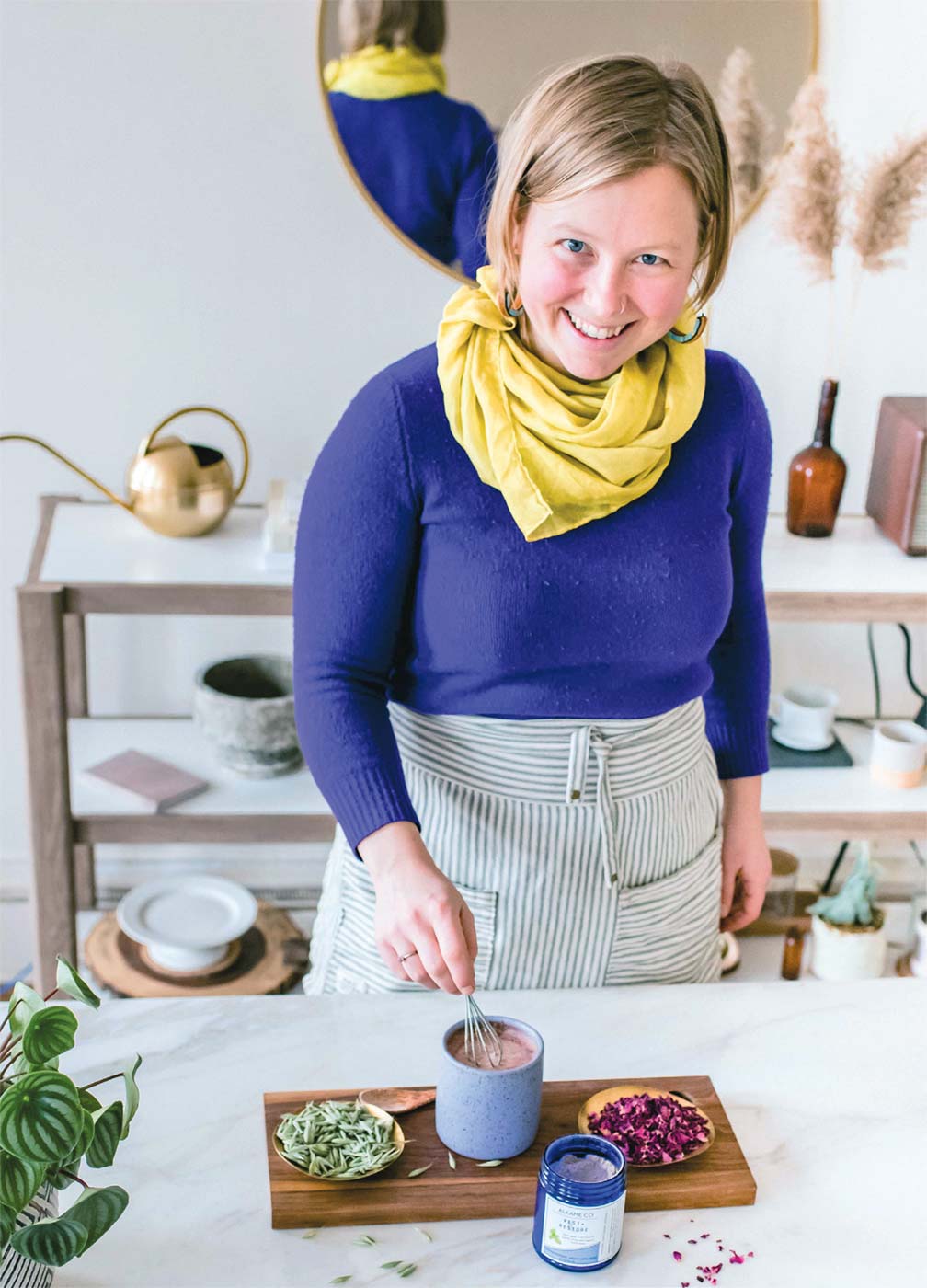
ALKAME CO owner Rachael Keener stirs up a warming brew featuring one of her herbal blends. Photo courtesy of Hayley Murphy.
SODA PLANT ENTREPRENEUR: ALKAME CO
BY COREY BURDICK
Rachael Keener, a Soda Plant tenant, is a woman of many talents, and her life path, which began in Westford, Vermont, has taken a journey that has combined her primary loves: herbs, food, agriculture, and social justice. Her experiences and these core values are evident in her herbal powder business, ALKAME CO (pronounced alchemy).
In the early 2000s, Rachael pursued her self-designed major of social justice at Prescott College in Arizona, but after becoming disillusioned with the activist scene, she made the decision to pivot. “While my core motivations remained the same, I made the conscious decision to refocus my energy toward work that sought to create the world I wanted rather than simply reacting to the world I didn’t want,” Rachael said.
So Rachael started farming, dabbling in herbal medicine, and then went to massage school for a couple of years before moving to Seattle. There, she took on a job at an integrative health clinic and trained as a birth doula. While she loved the work, she realized that being on call 24/7 would ultimately not be the best fit for her lifestyle or nervous system. Rachael moved back to Vermont, enrolled in the Vermont Center for Integrative Herbalism, and became involved with the Railyard Apothecary, Urban Moonshine, and Lunaroma.
ALKAME CO, which launched in September 2020, isn’t Rachael’s first business. Locals may recognize her as the woman who rode a bike with an attached freezer full of popsicles when she owned Joy Ride Pops. But the seasonality became challenging so she began brainstorming a year-round way to make herbs joyful, accessible, and delicious. One day, she developed a powder full of herbal adaptogens such as ashwagandha, milky oats, and lavender. The formula, Rest and Restore, is designed to rebuild the body from the effects of stress. “If I have a hard time sleeping, am stressed, or overwhelmed, I turn to Rest and Restore,” Rachael said.
Rachael’s strength is creating formulas— she rarely follows recipes, and her wheels are always turning. “The idea is that the whole is greater than the sum of its parts. I’m always thinking about the art of how ingredients come together, and how do you elevate it? The idea that there is a little magic to it also weaves into the experience,” Rachael added.
Rachael’s enticing herbal blends can be used in anything from baked goods to hot drinks, smoothies, or even sprinkled on oatmeal. The Sunshine Golden Milk is a warming blend inspired by the Indian drink haldi doodh, traditionally prepared for folks who may be under the weather. This blend features turmeric as its superstar. The Mushroom Chocolate blend offers the modulating effects of reishi, turkey tail, and cordyceps mushrooms that are combined with cacao, vanilla bean, and eleuthero. Intrigued? You can purchase Rachael’s formulas on her website and at numerous local businesses statewide.


